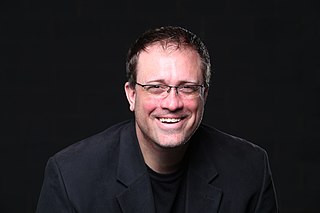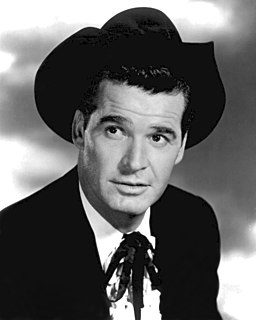A Quote by Steven James
For people in neighborhoods where violence is prevalent, violence becomes a way of dealing and coping with their lives. No matter how wrong it is, violence doesn't necessarily mean they're bad people.
Quote Topics
Related Quotes
I must remind you that starving a child is violence. Suppressing a culture is violence. Neglecting school children is violence. Punishing a mother and her family is violence. Discrimination against a working man is violence. Ghetto housing is violence. Ignoring medical need is violence. Contempt for poverty is violence.
I'm so sick of seeing guns in movies, and all this violence; and if there was going to be violence in Pines, I wanted it to actually be narrative violence. I wasn't interested in fetishizing violence in any way of making it feel cool or slow-motion violence. I wanted it to be just violence that affected the story.
I think there are so many children being brought up in some form of violence, be it violence of poverty or sexism or racism or homophobia or transphobia. That violence takes a life to transform or overcome. I don't think people should be spending their lives dealing with that. I think people should be thriving, playing, creating, evolving.
We must realize that violence is not confined to physical violence. Fear is violence, caste discrimination is violence, exploitation of others, however subtle, is violence, segregation is violence, thinking ill of others and condemning others are violence. In order to reduce individual acts of physical violence, we must work to eliminate violence at all levels, mental, verbal, personal, and social, including violence to animals, plants, and all other forms of life.
My approach to violence is that if it's pertinent, if that's the kind of movie you're making, then it has a purposeI think there's a natural system in your own head about how much violence the scene warrants. It's not an intellectual process, it's an instinctive process. I like to think it's not violence for the sake of violence and in this particular film, it's actually violence for the annihilation of violence.
Non-violence is a very powerful weapon. Most people don't understand the power of non-violence and tend to be amazed by the whole idea. Those who have been involved in bringing about change and see the difference between violence and non-violence are firmly committed to a lifetime of non-violence, not because it is easy or because it is cowardly, but because it is an effective and very powerful way.
The violence of the Left is symbolic, the injuries are not intended. The violence of the Right is real - directed at people, designed to cause injuries. Vietnam, nuclear weapons, police out of control are intentional forms of violence. The violence from the Right is aimed directly at people and the violence from the Left is aimed at institutions and symbols.
...people think non-violence is really weak and non-militant. These are misconceptions that people have because they don't understand what non-violence means. Non-violence takes more guts, if I can put it bluntly, than violence. Most violent acts are accomplished by getting the opponent off guard, and it doesn't take that much character, I think, if one wants to do it.
Regardless of how often the appetite for entertainment violence becomes addictive, increased exposure does risk further desensitizing viewers. And the element of pleasure that they derive may lead them to regard violence as a more acceptable way of dealing with problems, and victimization as more tolerable so long as it befalls others, not themselves.

































